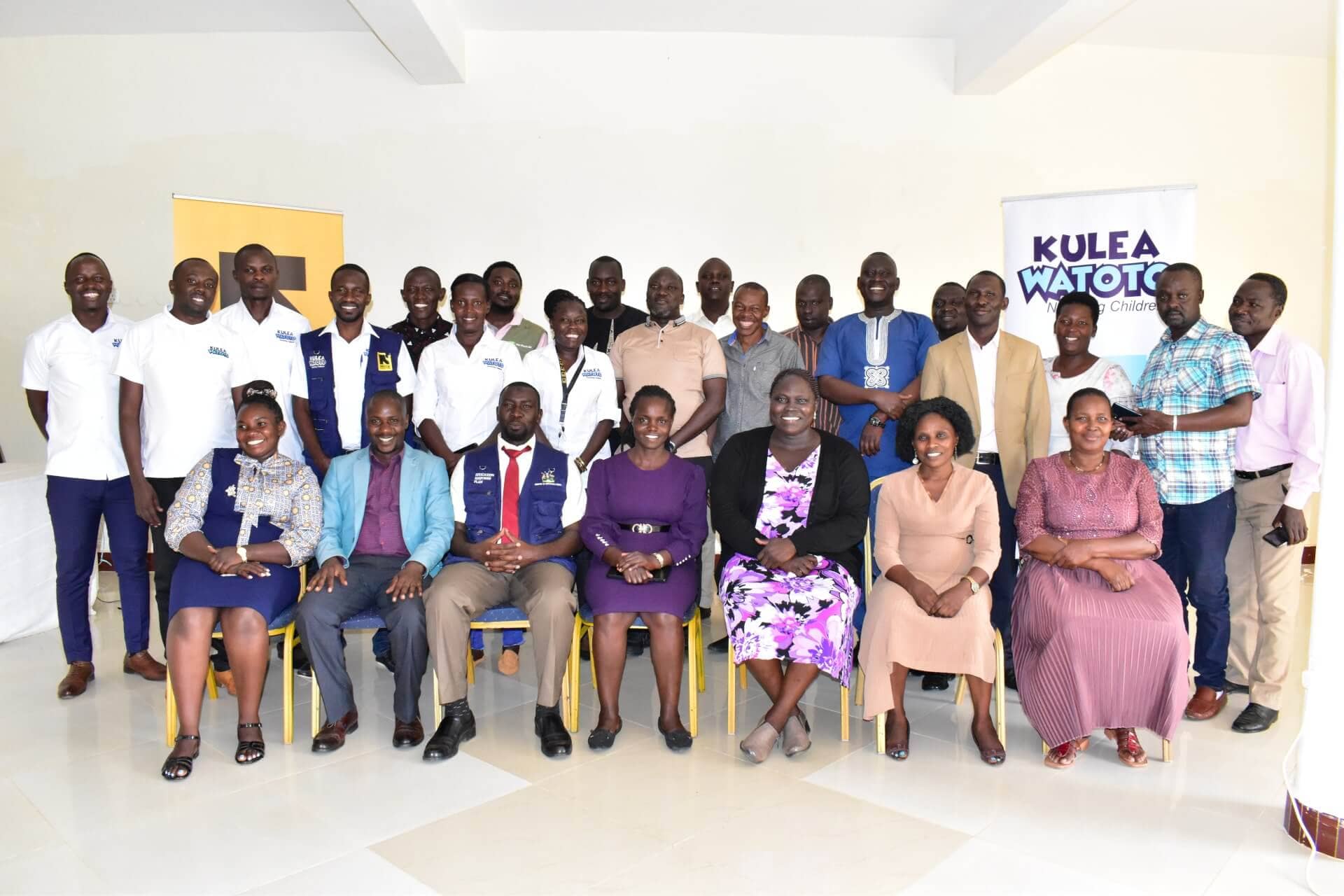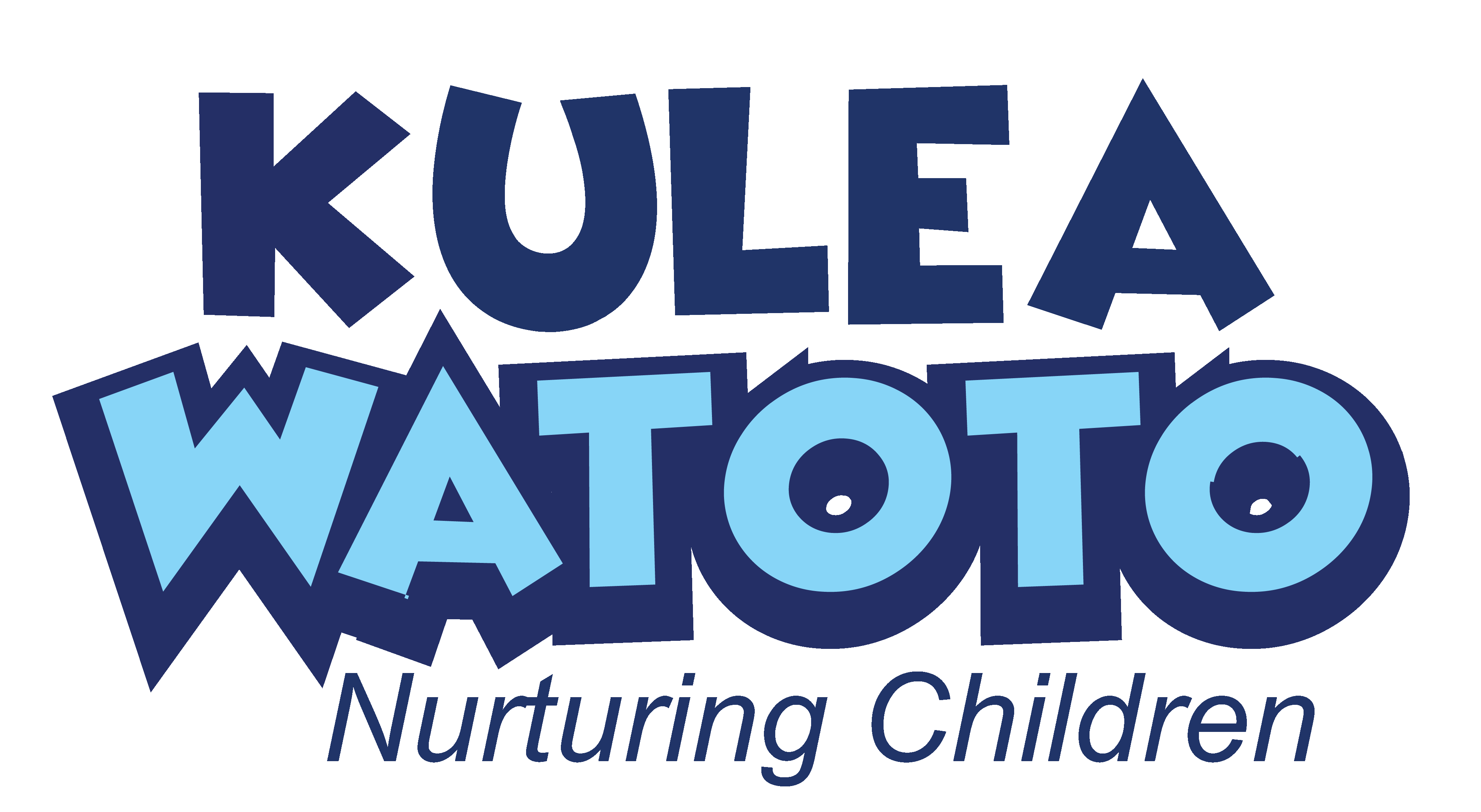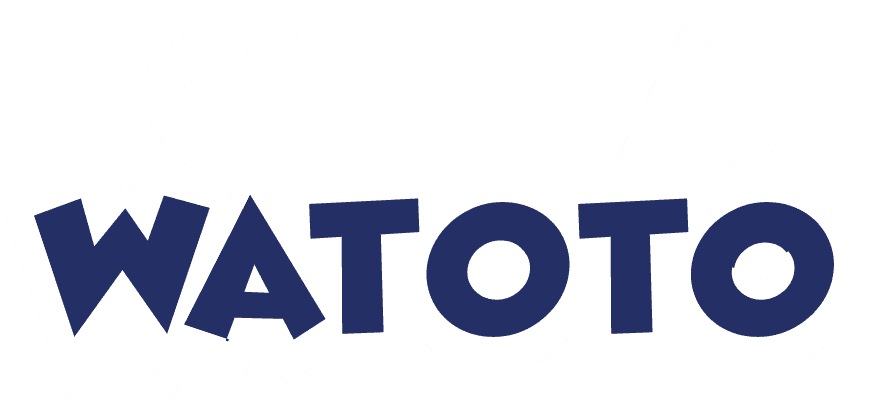Advocacy for an enabling environment
We employ a non-confrontational approach in our advocacy, and we work closely with the government ministries of Education and Sports; Health; Gender, Labour and Social Development; Local Government, and other agencies – as collaborators. These are the duty-bearers and policymakers who influence policy and legislation on ECD.

We work with local advocacy champions called ‘Kulea Watoto’ champions who include both the refugees and nationals, both women and men. We identify and train our champions in community-led advocacy techniques to engage the decision-makers.
Our advocacy takes place at community, district, national, regional, and global levels. We engage with the key decision-makers through dialogue and one-on-one. We collaborate with other actors in Working Groups relevant to ECD and livelihoods, for example, Early Childhood Care and Education Working Group, Education in Emergencies Working Group, Nurturing Care Framework Working Group, and the Livelihoods & Resilience Sector Working Group to share the Kulea Watoto advocacy agenda.
SUBSCRIBE TO OUR NEWSLETTER
Get the latest updates of
Kulea Watoto's milestones

